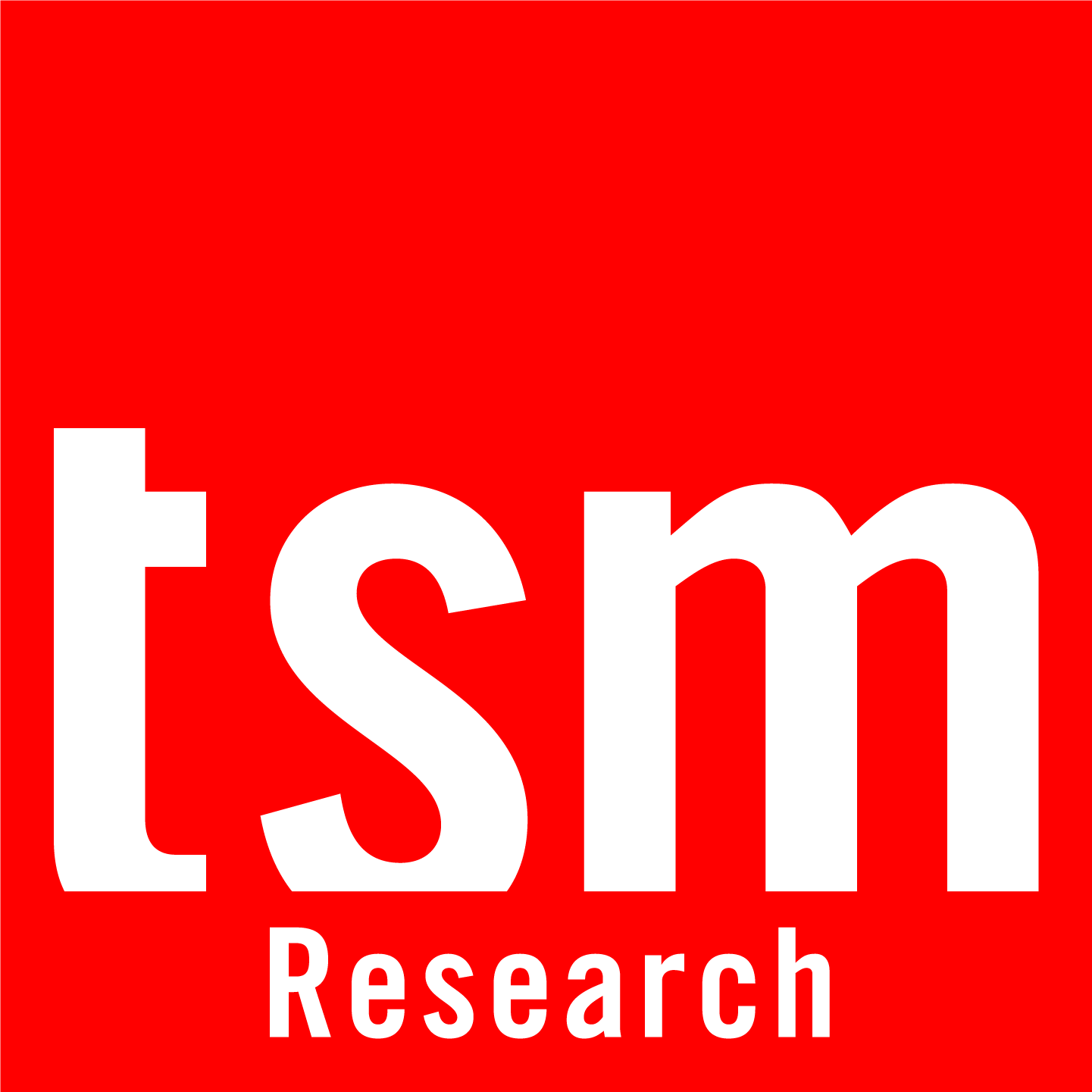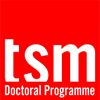240 ECTS
195h
Programme/ Syllabus
Core courses
Advanced quantitative methods
PRESENTATION AND INTENDED LEARNING OUTCOMES
A) Course description
The course will cover empirical techniques that form the basis for quantitative research in management. The module is therefore design to introduce students to some of the core issues associated with empirical research through the review of some recent trends in research. The module will comprise a mixture of faculty-led lectures, interactive student-led presentations, and discussions.
B) Upon completion of the course, students should be able to:
- Identify tools and resources: Data, statistical packages, tutorials and doctoral seminars, MOOC
- Compare different quantitative research methods for designing a research project in business and management
- Survey concrete scientific application of the quantitative method in a top-tier peer-reviewed journals
- Point out possible challenges, in particular challenges for the validity, indentification, causality, diff-in-diff
- Specify prerequisites, conditions, guidelines for implementation
RESEARCH SKILLS
- Knowledge and intellectual abilities: Research methods; Academic literacy and management; Problem-solving.
- Personal effectiveness: Integrity; Perseverance; Responsibility; Reputation.
- Research governance and organisation: Ethics; Research strategy; Project planning and delivery.
- Engagement, influence and impact: Team working; Leadership; Communication methods; Communication media.
Advanced qualitative methods
PRESENTATION AND INTENDED LEARNING OUTCOMES
A) Course description
A researcher needs to master the use of several methodologies in order to deeply understand studies in their field and to choose and to employ the most accurate method to answer their addressed research questions. The purpose of this course is to develop participants’ ability of reflective stance, supported by theory, and to be able to use qualitative research design and tools.
This course will cover four main topics: (1) Issues and challenges of qualitative inquiry in management research, (2) Core methods and practicalities of qualitative inquiry in management research, (3) Qualitative data analysis, (4) Ethical research practice. The pedagogical approach will be based on active learning. Students will have to read research articles before some of the classes. This material will then be discussed and analyzed collectively. Participation in the course is required and based on the quality and quantity of discussion contributions. The final assessment consists in a written final examination related to a previous exercise.
B) Upon completion of the course, students should be able to:
- Identify and formulate appropriate qualitative research questions and interview questions
- Analyze the main qualitative research methods
- Assess different styles of presenting qualitative research findings
- Develop an interpretive understanding of data collected
- Collect and use qualitative data
RESEARCH SKILLS
- Knowledge and intellectual abilities: Research methods; Language; Problem solving; Argument construction.
- Personal effectiveness: Self-reflection; Self-conficence; Time management; Integrity.
- Research governance and organisation: Ethics; Research strategy; Project planning and delivery.
- Engagement, influence and impact: Collegiality; Communication media; Communication methods.
Intellectual property rights
PRESENTATION AND INTENDED LEARNING OUTCOMES
A) Course description
This session will introduce students to intellectual property rights and more especially to main principles of copyright and application to the thesis.
B) Upon completion of the course, students should be able to:
- Survey the intellectual property law: Interests, justifications, composition
- Analyze rights of the authors
- Describe main principles of copyright and application to the PhD thesis
RESEARCH SKILLS
- Knowledge and intellectual abilities: Academic literacy; Intellectual insight.
- Personal effectiveness: Integrity; Reputation.
- Research governance and organisation: Ethics; Appropriate practice.
- Engagement, influence and impact: Global citizenship.
Track specific courses
Advanced methods
PRESENTATION AND INTENDED LEARNING OUTCOMES
A) Course description
The course builds on the first-year course “Advanced Methods in Strategy I” and addresses choices regarding the research process and design as well as qualitative and quantitative data collection and analysis methods on a more advanced level.
B) Upon completion of the course, students should be able to:
- Determine the relevance and specificities of process studies and mixed methods approached
- Manage different methods to analyze mediation, moderation, and moderated mediation
- Generate and explain results from using specific tools for qualitative analysis
- Develop adequate designs applying quantitative and qualitative methods to a given research project
RESEARCH SKILLS
- Knowledge and intellectual abilities: knowledge base; critical thinking; Innovation
- Personnel effectiveness: self-reflection; responsiveness to change
- Research governance and organization: research strategy; project planning and delivery, Research skills
Hot topics in strategy
PRESENTATION AND INTENDED LEARNING OUTCOMES
A) Course description
This course is designed to deepen students’ knowledge on major research topics in strategic management developed by TSM and TBS researchers. It deepens the students’ understanding of analytical and methodological challenges addressed during the thematic modules of the course “Hot Topics in Strategy I” of the MSc programme. The aim is to develop students’ capacity to identify research gaps, to formulate relevant research questions, and to analyse conceptual foundations and methodological challenges that are dominant in the thematic fields.
B) Upon completion of the course, students should be able to:
- Develop relevant research questions within the thematic fields addressed
- Summarize conceptual and theoretical foundations of research in the different fields
- Evaluate components and challenges related to research design and methods in the thematic fields
RESEARCH SKILLS
- Knowledge and intellectual abilities: creativity, synthesizing, critical thinking, intellectual insight
- Personnel effectiveness: self-reflection; responsiveness to change
- Research governance and organization: research strategy; project planning and delivery
- Engagement, influence and impact: communication methods, communication media
Writing, Reviewing and Publishing
PRESENTATION AND INTENDED LEARNING OUTCOMES
A) Course description
As an author or as a reviewer, publication is a demanding and rigorous process and researchers need to understand and to critically engage with the codes and practices underlying it. The purpose of this course is to initiate students to the writing, reviewing and publishing process. The course covers two main topics: (1) setting up, pitching and reviewing a paper as an author and as a reviewer, and (2) managing reviewers and the reviewing process. The pedagogical approach will be based on active learning. Students will have to read research articles or articles sections or book chapters before some of the courses but also to work on a review process based on example of paper effectively published. This material will then be discussed and analyzed in class. Participation is therefore a necessary condition to achieve the course objectives.
B) Upon completion of the course, students should be able to:
- Select the appropriate writing form and conventions for research reports, literature reviews, theory papers, journal reviewing, and communication of research
- Evaluate their own writing style, strengths, and weaknesses and plan for writing development
- Practice the typical format of review comments and responses to these comments
- Evaluate best practices in the review process and dangers of the review process
- Discover ethical pitfalls in the review process and how to avoid them
RESEARCH SKILLS
- Knowledge and intellectual abilities: knowledge base; cognitive abilities, creativity.
- Personnel effectiveness: integrity; self-confidence, career management.
- Research governance and organization: ethics, co-authorship, appropriate practice.
- Engagement, influence, impact: communication and dissemination; working with others.
Research training seminars
PRESENTATION AND INTENDED LEARNING OUTCOMES
A) Description
These seminars are open to all students from TSM-DP 2nd year. The purpose of this module is to provide students with a broadly based overview of current research skills to write your PhD dissertation.
B) Upon completion of the course, students should be able to:
- Identify mobility grants
- Discover the international job market conference
- Compare academic posters and analyse poster sessions
- Design a poster and resources to help with poster design
- Improve networking skills
RESEARCH SKILLS
- Knowledge and intellectual abilities: Inquiring mind; Argument construction
- Personal effectiveness: Networking; Career management; Responsiveness to opportunities
- Research governance and organisation: Funding; Research strategy; Appropriate practice
- Engagement, influence and impact: Communication methods; Communication media; Collegiality
Teachers' pedagogical practices
PRESENTATION AND INTENDED LEARNING OUTCOMES
A) Description
It is a requirement of TSM that all PhD students who undertake any teaching duties should have attended the teachers' pedagogical practices which is designed for Postgraduate Teaching Assistants. The aim of this workshop is to address some of the basic skills and understanding teaching assistants will need for their work. It assumes that participants have little or no previous teaching experience.
B) Upon completion of the course, students should be able to:
- Draw on an inventory of best experiences
- Review best practices with senior instructors
- Diagnose recurring pedagogical issues
- Role-play a 30-minute lecture
RESEARCH SKILLS
- Knowledge and intellectual abilities: Argument construction; Innovation
- Personal effectiveness: Career management; Continuing professional development; Reputation; Integrity
- Research governance and organisation: Ethics; Appropriate practice
- Engagement, influence and impact: Teaching; People management; Mentoring; Influence and leadership; Communication methods






